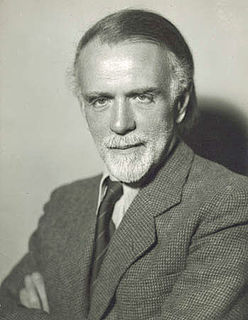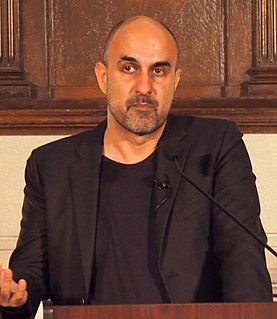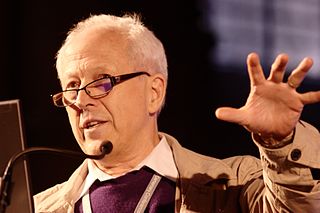A Quote by Robert A. Heinlein
Its very variety, subtlety, and utterly irrational, idiomatic complexity makes it possible to say things in English which simply cannot be said in any other language.
Related Quotes
The revival of Hebrew, as a spoken language, is a fascinating story, which I'm afraid I cannot squeeze into a few sentences. But, let me give you a clue. Think about Elizabethan English, where the entire English language behaved pretty much like molten lava, like a volcano in mid-eruption. Modern Hebrew has some things in common with Elizabethan English. It is being reshaped and it's expanding very rapidly in various directions. This is not to say that every one of us Israeli writers is a William Shakespeare, but there is a certain similarity to Elizabethan English.
Music is a manifestation of the human spirit, similar to language. Its greatest practitioners have conveyed to mankind things not possible to say in any other language. If we do not want these things to remain dead treasures, we must do our utmost to make the greatest possible number of people understand their idiom.
English grammar is so complex and confusing for the one very simple reason that its rules and terminology are based on Latin - a language with which it has precious little in common. In Latin, to take one example, it is not possible to split an infinitive. So in English, the early authorities decided, it should not be possible to split an infinitive either. But there is no reason why we shouldn't, any more than we should forsake instant coffee and air travel because they weren't available to the Romans.
One of the things I love about translation is it obliterates the self. When I'm trying to figure out what Tu Fu has to say, I have to kind of impersonate Tu Fu. I have to take on, if you will, his voice and his skin in English, and I have to try to get as deeply into the poem as possible. I'm not trying to make an equivalent poem in English, which can't be done because our language can't accommodate the kind of metaphors within metaphors the Chinese written language can, and often does, contain.
James Joyce's English was based on the rhythm of the Irish language. He wrote things that shocked English language speakers but he was thinking in Gaelic. I've sung songs that if they were in English, would have been banned too. The psyche of the Irish language is completely different to the English-speaking world.
When we start making distinctions between soul and spirit, we're in very, very murky waters. There is the whole issue of the English language, which has a rather limited vocabulary when it comes to psychological descriptions, not to speak of spiritual descriptions. We're good mythically - the English language is superb for myth. But we're not very good for psychology or spirituality.




































